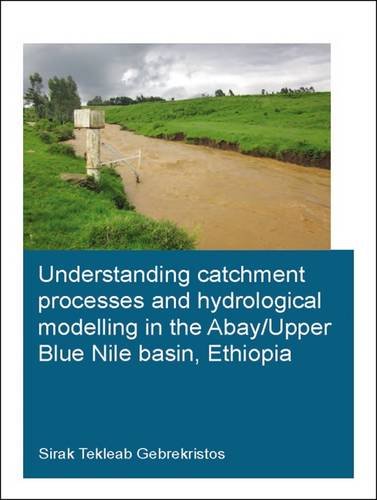

Most ebook files are in PDF format, so you can easily read them using various software such as Foxit Reader or directly on the Google Chrome browser.
Some ebook files are released by publishers in other formats such as .awz, .mobi, .epub, .fb2, etc. You may need to install specific software to read these formats on mobile/PC, such as Calibre.
Please read the tutorial at this link: https://ebookbell.com/faq
We offer FREE conversion to the popular formats you request; however, this may take some time. Therefore, right after payment, please email us, and we will try to provide the service as quickly as possible.
For some exceptional file formats or broken links (if any), please refrain from opening any disputes. Instead, email us first, and we will try to assist within a maximum of 6 hours.
EbookBell Team

4.0
86 reviewsThe Abay / Upper Blue Nile basin contributes the largest share of discharge to the river Nile. However, the basin exhibits large spatio-temporal variability in rainfall and runoff. Moreover, human activities also impact hydrological processes through intensive agriculture, overgrazing and deforestation, which substantially affect the basin hydrology. Thus, understanding hydrological processes and hydro-climatic variables at various spatio-temporal scales is essential for sustainable management of water resources in the region.
This research investigates the hydrology of the basin in depth using a range of methods at various spatio-temporal scales. The methods include long-term trend analysis of hydroclimatic variables, hydrologic responses analysis of land cover change, stable isotope techniques and process based rainfallrunoff modelling. A combination of field investigations with new measurements of precipitation, water levels and stable isotopes as well as existing hydro-climatic data offered gaining new insights about runoff generation processes in headwater catchments. The use of rainfall-runoff modelling in two meso-scale catchments of the Abay basin depict that a single model structure in a lumped way for the entire Abay basin cannot represent all the dominant hydrological processes. The results of the different approaches demonstrated the potential of the methods to better understand the basin hydrology in a data scarce region.